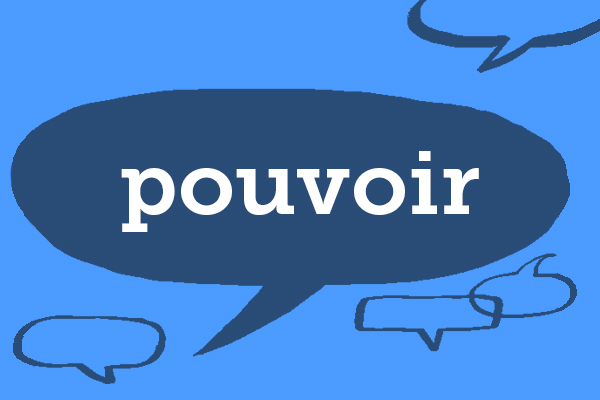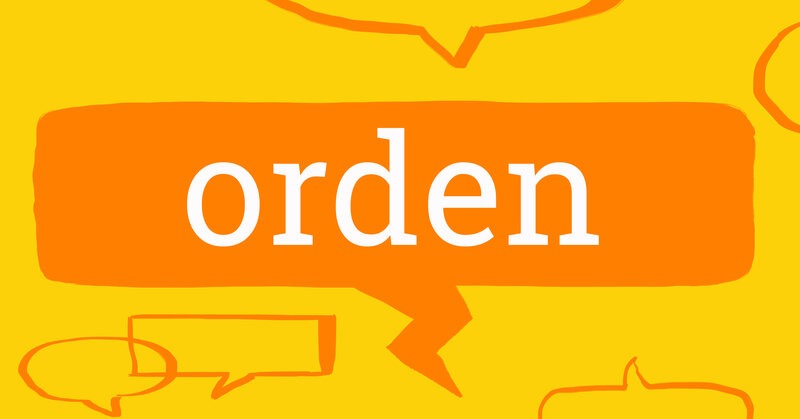Another week, another French word to learn about! Today we’re going to study pouvoir, which is a verb and noun. Listen to the audio clip below to hear how to pronounce it:
Let’s begin with the verb sense. In everyday English, we’d most commonly translate this using the modal verb can. But as pouvoir is a verb infinitive, we cannot translate it as ‘to can’ in English (although maybe you’ll remember its meaning by thinking of the tropical bird!). When translating pouvoir from French, it may be helpful to think of its translation as to be able.
Now let’s look at examples of how we might use this verb:
Tu peux rester chez nous si le train est déjà parti. You can stay at ours if the train has already left.
Vous pouvez aller à l’école dans le bus, tous les deux ensembles. Both of you can go to school by bus together.
C’est dommage que Jérôme et Luis n’aient pas pu nous rejoindre hier soir. It’s a shame that Jérôme and Luis weren’t able to join us last night.
Qui pourrait me déposer à l’hôpital demain ? Who would be able to drop me off at the hospital tomorrow?
Je ne pourrai jamais lire ce roman. I will never be able to read this novel.
Tout peut arriver. Anything can happen.
Je n’en peux plus ! I can’t take it anymore!; I’m done with it!
Vouloir, c’est pouvoir. When there’s a will, there’s a way.
As you may be able to guess, pouvoir is a verb with an irregular conjugation pattern. There aren’t too many ways around it – French learners will need to memorise how it works. To help you do this, have a look at our verb table for pouvoir. You might have also noticed in our examples above that pouvoir is part of a small group of verbs which can be followed by another infinitive without a preposition.
With some French words, we can see or hear similarities with spellings and sounds in English which help us work out the translations. We’ve already seen how pouvoir as a verb means to be able in English, a translation which doesn’t seem to have any correlation to the French word.
However, pouvoir is also a masculine noun with a completely different translation. You might recognise a similarity in this case, as pouvoir means power when used as a noun:
abus de pouvoir abuse of power
pouvoir d’achat purchasing power
pouvoir législatif legislative power
être au pouvoir to be in power
Notre gouvernement va reprendre pouvoir dès que possible. Our government is going to take back power as soon as possible.
With all this information, it might seem like the word pouvoir is a tricky one to master. Just take your time to understand how to use this very common word. You can do it – it’s in your power!
Written by Holly Tarbet, freelance copywriter and editor.
All opinions expressed on this blog are those of the individual writers, and do not necessarily reflect the opinions or policies of Collins, or its parent company, HarperCollins.




collins_dictionary_official
The home of living language. #wotd #wordlovers #collinsdictionary
Read our word of the week definitions and blog posts: